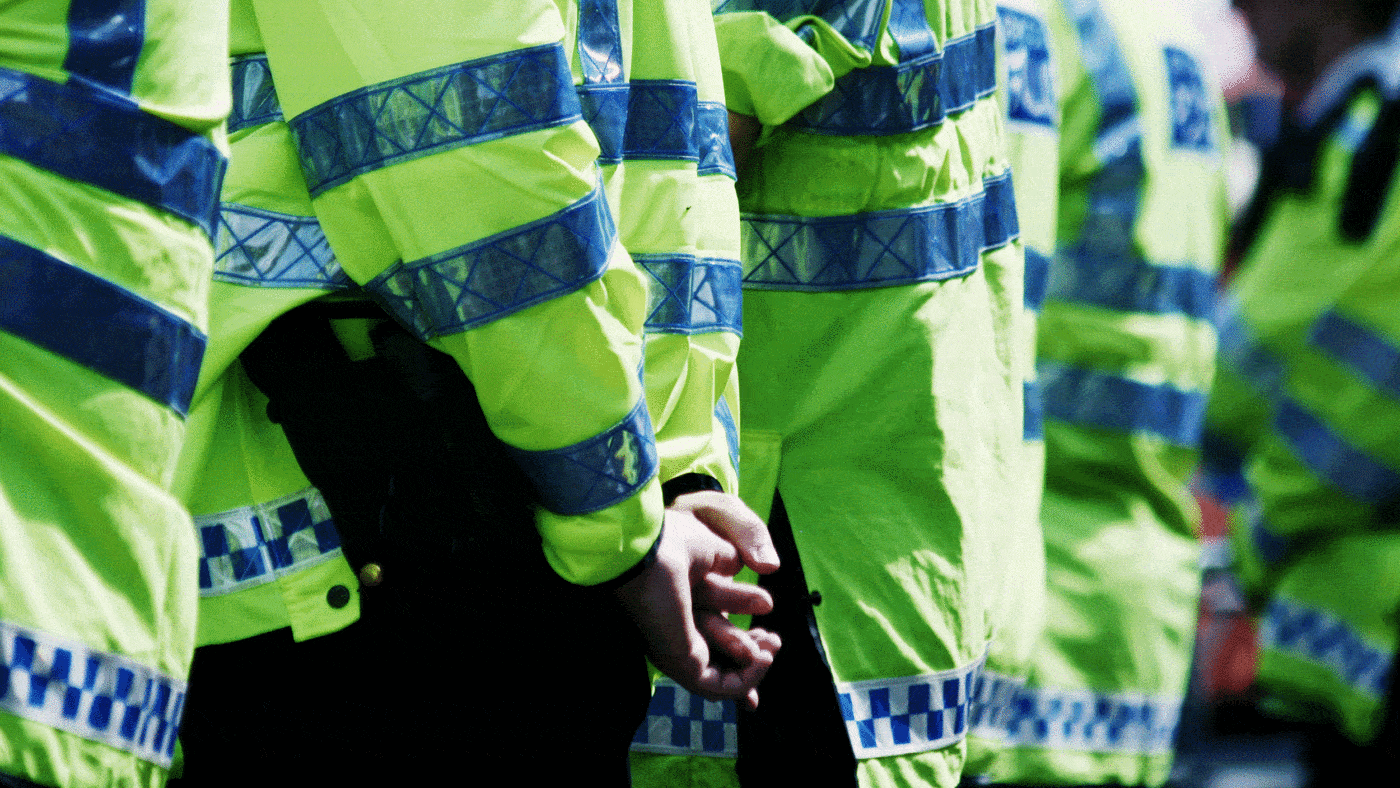What’s happened to the police? Why do they dance the macarena and prance around in red high heel shoes when they cannot be bothered to pursue burglars or arrest looters? Why, in other words, are the police doing such a bad job?
It’s because society has changed in ways that make their job more difficult. That’s the conclusion arrived at by Sir Michael Barber, formerly Tony Blair’s Chief Advisor on Delivery, whose Strategic Review of Policing in England and Wales was published earlier this year.
He is perfectly wrong. The police are doing badly because society has changed in a way that makes their job easier.
To understand, ask another question: do the police welcome a declining crime rate? The answer may seem to be an obvious yes. After all, fighting crime is their job. And, if you were to ask any chief constable, he would surely claim to seek nothing more passionately than a society free from the scourge of crime.
But it is an implausible idea. Imagine a new drug reduced the inclination to commit crime by 75% and that, discovering it to be free of side-effects, the Government added it to the water supply. This could only strike a police chief as a catastrophe. With crime falling, the demand for policing would also fall, followed by the budgets of police forces and the salaries of police officers.
Therefore it’s in the force’s own interest for crime to persist. Ideally, they should be ‘stretched to the limit’. So, we could expect the police to respond to the emergence of a less criminal population by applying themselves to things that look like police work but which do not prevent crime.
No such drug has been invented. But from the early 1990s, crime rates have been falling dramatically all around the Western world, and for reasons independent of policing, such as the aging of the population (young men are especially inclined to commit crimes), growing affluence (until recently) and improved security (cars are now harder to steal and homes harder to burgle). In England and Wales, the number of crimes committed each year has declined by 75% since 1995 if you don’t count online fraud and other cyber-crime (and by 40% if you do count these recent additions to the crime statistics).
And the police have responded as I suggested they would. Despite the dramatic reduction in crime, the number of police officers is almost unchanged – down to 120,000 from 126,000 in 1995 – and they keep themselves busy with all manner of things besides fighting crime. They look for missing people, admonish rude behaviour on social media, resolve disputes between arguing couples, escort mentally disturbed people to hospitals, and bond with the LGBTQ+ community, among other things. In short, they have become social workers with batons.
If you doubt me, consider a few statistics. The number of crimes per officer has fallen by more than a third since 1995. You might then expect a dramatic improvement in the ‘clear up’ or detection rate – that is, in the percentage of crimes for which the police identify the culprit. Indeed, even without this improved ratio of police officers to crimes, you might expect the detection rate to have improved since 1995. Surveillance cameras have proliferated, forensic science has advanced, and computer-based data analysis can help police deploy their resources where the chance of crime is highest.
In fact, however, the overall detection rate has fallen from 27% in 1995 to 9.3% in 2021. This is not a result of increased cyber-crime, which is difficult to solve. The detection rate for ‘violence against the person‘ has fallen from 65% in 1995, when there was four times as much violent crime, to 10% today. In 1995, 40 crimes were solved per police officer; today, nine are.
What is the Government’s response to this collapse in productivity? Following the ‘public services’ principle that poor performance is always rewarded, they plan to increase police budgets and recruit an additional 20,000 police by 2023. England and Wales will then have more police than in 1995, when twice as much crime was committed. To keep themselves stretched to the limit, police productivity will need to fall even lower than it is now.
Having misdiagnosed the problem, Sir Michael Barber agrees that police numbers should be increased. But he’s no pushover! He also makes 56 recommendations for improving police performance: more training, better use of technology, creating a Crime Prevention Agency and so on and on and on.
These measures won’t work. People who are paid to fight crime, or to fight anything else, have no interest in defeating it. If Barber had diagnosed the problem properly, he could have made just one recommendation: pay the police to defeat crime. More specifically, pay chief constables annual bonuses – potentially large ones – determined by their force’s contribution to reducing the cost that crime imposes on their community, including the cost of the police themselves.
This would give them a commercial interest in preventing crime as efficiently as possible. And it would obviate the need for all Barber’s Blairite fiddling or for any other direction by politicians. If extra training costs less than it is worth in crime reduction, for example, then a bonus-maximising chief constable would commission it, even without being told to do so by the Home Office.
Get their incentives right, and politicians could leave policing to the police.
Click here to subscribe to our daily briefing – the best pieces from CapX and across the web.
CapX depends on the generosity of its readers. If you value what we do, please consider making a donation.


